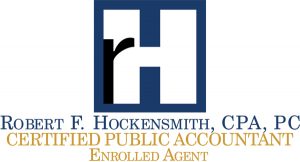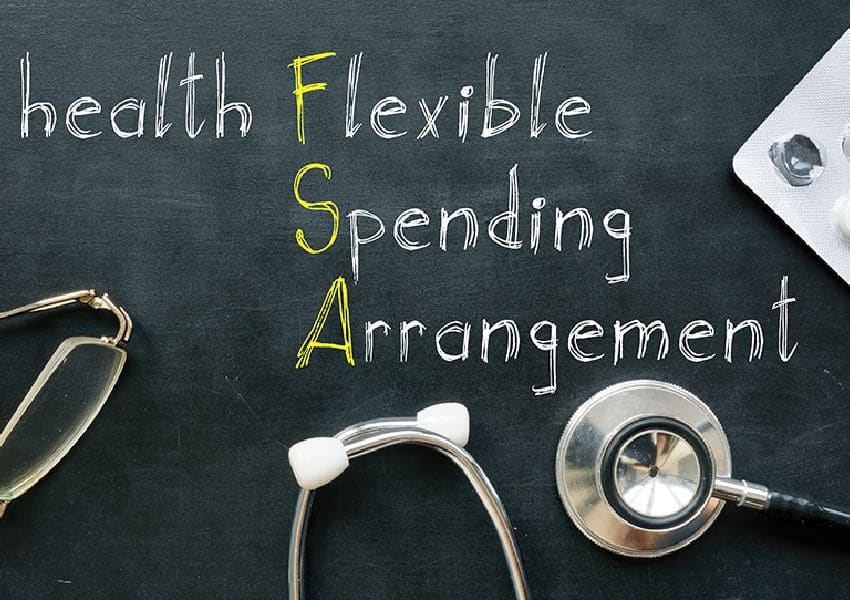Blog
Carryover Option for Health Flexible
Spending Arrangements (FSA)
Carryover Option for Health Flexible Spending Arrangements (FSA)
The IRS offers some carryover to health flexible spending arrangements (health FSAs). The carryover can be advantageous but like all IRS rules, this one is complicated. There are some important limitations you need to know before taking advantage of a Health Flexible Spending Arrangement.
Employers may allow plan participants to carry over up to $500 of their unused health FSA balances remaining at the end of a plan year, to the next year. But know that this choice or feature is not mandatory for an employer, it is optional. It is also an alternative to offering a grace period (waiting period), as many employers already do. Employers can offer the carryover, the grace period, or nothing.
Health FSA’s are common benefits under employer-sponsored cafeteria plans. A health FSA may be credited or funded with employer contributions or pre-tax employee salary reductions. Health FSA dollars can be used for a variety of qualified medical expenses, including but not limited to the cost of chiropractors, dental or vision expenses, over-the-counter medicines or drugs if a prescription has been obtained. Amounts in a health FSA at the end of the plan year generally cannot be carried over to the next year. This is known as the “Use it or lose it” rule.
In 2013, the IRS noted that health FSA’s were not utilized to their fullest extent because the use-or-lose rule was the greatest hurdle. Many taxpayers cannot predict their future needs for medical expenses and are reluctant to open a health FSA for fear of forfeiting the unused funds. Plus, in 2017, the Affordable Care Act put a $2,600 cap on allowable annual contributions, further stressing participants to manage their FSA dollars carefully. So, the IRS announced a change to the use-or-lose rule in 2013.
Today, an employer may amend its cafeteria plan to provide for the carryover to the immediately following year of up to $500 of any amount remaining unused as of the end of the year in a health FSA. The carryover does not count against or otherwise affect the $2,600 salary reduction limit (adjusted for inflation after 2017) for health FSAs applicable to each plan year.
The IRS set $500 as the maximum carryover amount. As mentioned earlier, an employer also may choose to do nothing and not offer the carryover option.
THINGS TO REMEMBER:
- FSA’s are employer options (cafeteria plans) offered to employees.
- Contributions to FSA can be made by either or both employees or employers.
- Contributions made to an employee benefit plan are tax-free.
- Money used by FSA accounts is for medical, dental, or vision expenses.
- Employees that use FSA accounts must use or lose the amount contributed to the plan by year-end or lose the money left over.
- There is an exception that allows up to $500 of money in employee’s Accounts to be carried over to the next year.
Call today, don’t delay! See how this affects you. We can be reached at 602-264-9331 and on all social media under azmoneyguy.
Related Blog Posts
Tax Return Corrections and Tips for next Tax Year
Learn how to pass on more of your wealth to your heirs and pay less to the government before it's too late! Click here...Address & Map(602) 264 - 9331CLIENT PORTALAddress & Map(602) 264-9331[DISPLAY_ULTIMATE_SOCIAL_ICONS] To err is human and errors...
Paying Income Taxes and Estimated Taxes
Learn how to pass on more of your wealth to your heirs and pay less to the government before it's too late! Click here...Address & Map(602) 264 - 9331CLIENT PORTALAddress & Map(602) 264-9331[DISPLAY_ULTIMATE_SOCIAL_ICONS] The tax season is almost...
Tax Extensions and Penalties
Learn how to pass on more of your wealth to your heirs and pay less to the government before it's too late! Click here...Address & Map(602) 264 - 9331CLIENT PORTALAddress & Map(602) 264-9331[DISPLAY_ULTIMATE_SOCIAL_ICONS] We have only a few DAYS left...
Do You Owe The IRS?
Learn 5 Secrets The IRS Doesn't Want You To Know.
Click on the button below to get FREE access to this exclusive content.
Get Expert Tax Advice from an expert
Mr. Hockensmith has been a guest newscaster for national and local TV stations in Phoenix since 1995, broadcasting financial and tax topics to the general pubic. He has written tax and accounting articles for both national and local newspapers and professional journals. He has been a public speaker nationally and locally on tax, accounting, financial planning and economics since 1992. He was a Disaster Reservist at the Federal Emergency Management Agency, for many years after his military service. He served as a Colonel with the US Army, retiring from military service after 36 years in 2008. Early in his accounting career, he was a Accountant and Consultant with Arthur Andersen CPA’s and Ernst & Young CPA’s.










